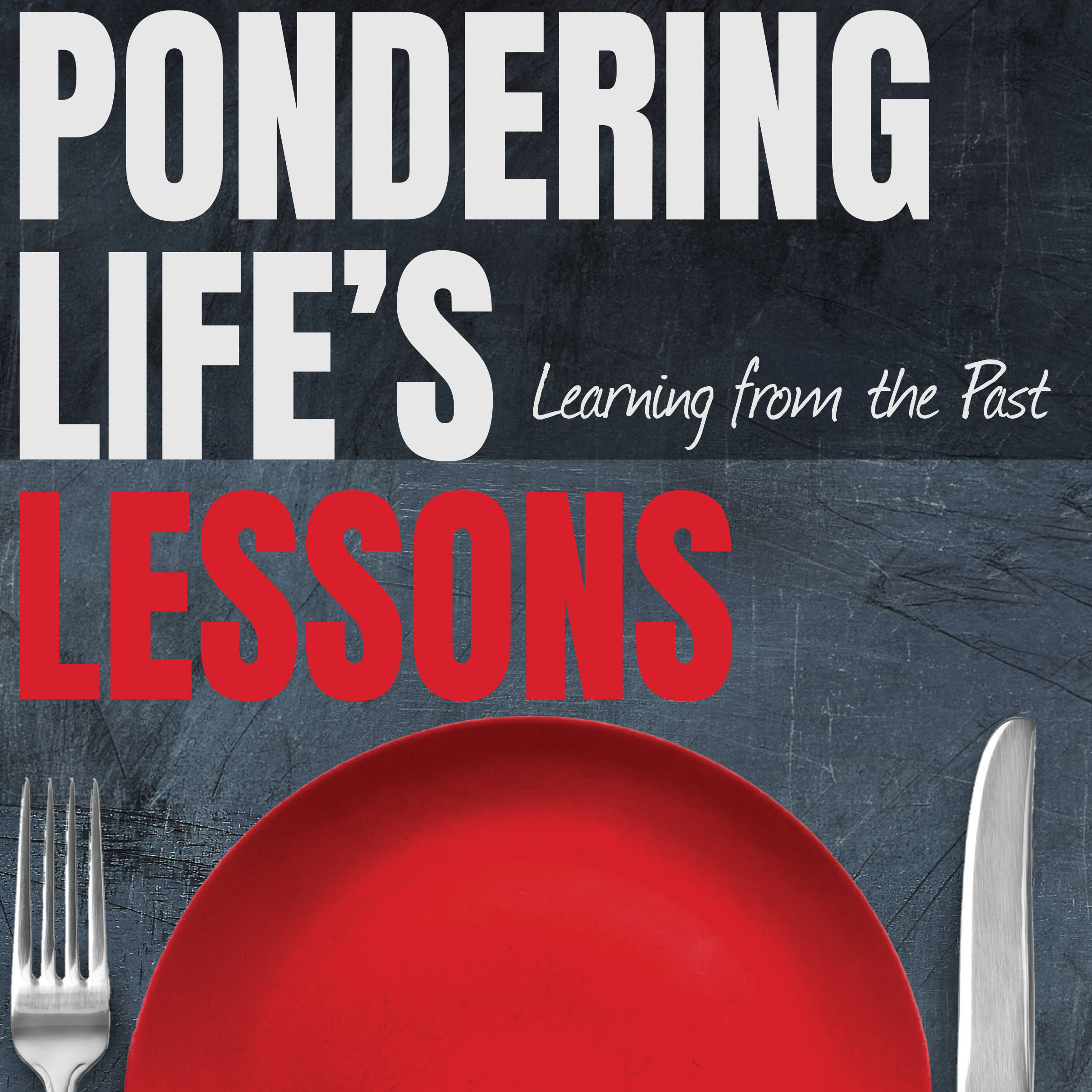A fable is a story intended to impart a useful truth. Many, if not most, use animals as characters telling the tale. This is not one of those. This is, rather, an attempt to provide a useful truth through the use of real people doing real things.
During the 1920’s, the black population in Detroit swelled from 41,000 to 120,000 as new migrants from the South arrived daily to seek employment in the automobile industry. The cramped near east side neighborhood of Black Bottom was one of the very few areas blacks were allowed to reside. The residents’ daily needs were amply met by more than 300 black-owned businesses in Paradise Valley, ranging from drugstores, beauty salons and restaurants to places of leisure such as nightclubs, bowling alleys with bars, and theaters.
 The nightclubs and theaters in Paradise Valley were a primary source of income for the residents of the impoverished neighborhood. Black-owned nightclubs booked popular black artists and attracted mixed-race audiences to shows. Whites ventured to the Valley to hear Ethel Waters, Pearl Bailey, Ella Fitzgerald and the Inkspots. The Paradise Theatre was the place to hear jazz greats such as Duke Ellington, Billie Holiday, Louis Armstrong, and Dizzy Gillespie.
The nightclubs and theaters in Paradise Valley were a primary source of income for the residents of the impoverished neighborhood. Black-owned nightclubs booked popular black artists and attracted mixed-race audiences to shows. Whites ventured to the Valley to hear Ethel Waters, Pearl Bailey, Ella Fitzgerald and the Inkspots. The Paradise Theatre was the place to hear jazz greats such as Duke Ellington, Billie Holiday, Louis Armstrong, and Dizzy Gillespie.
The black population was not alone in seeking new opportunities. Two young girls, Kate and Ruth, moved with their parents from Western Kentucky. The family of four sought a new life in the manufacturing boom that was Detroit. They initially settled in Mt. Clemens, a growing suburb of Detroit before suburbs were suburbs. The girls’ father worked on a series of creamery farms before making the move to Detroit. The girls worked along side of their dad and helped raise the three siblings that followed.
There was a piano in the house, although I’m not sure who played. Kate told a tale of walking on the piano keyboard when she was about twelve. She had been assigned to dust the piano and decided to do the dusting with her feet. When her mother scolded her, her reply was simple. “Columbus took a chance, so why not me?” I’m not sure dancing on the keyboard was the beginning of her love of dance, but she and Ruth became dancing companions for life.
The girls went dancing every chance they had. If their suitors, and there were many, wanted to go out on a date, dancing was a requirement. The boys didn’t need to dance, just make sure they took the girls to hear good music. The opportunity to dance was anywhere music was played: supper clubs, a corner of the neighborhood bar, dance halls found above mom and pop grocery stores, living rooms, and basements. Adventurous suitors took them to the dance halls of Paradise Valley.
TBC

